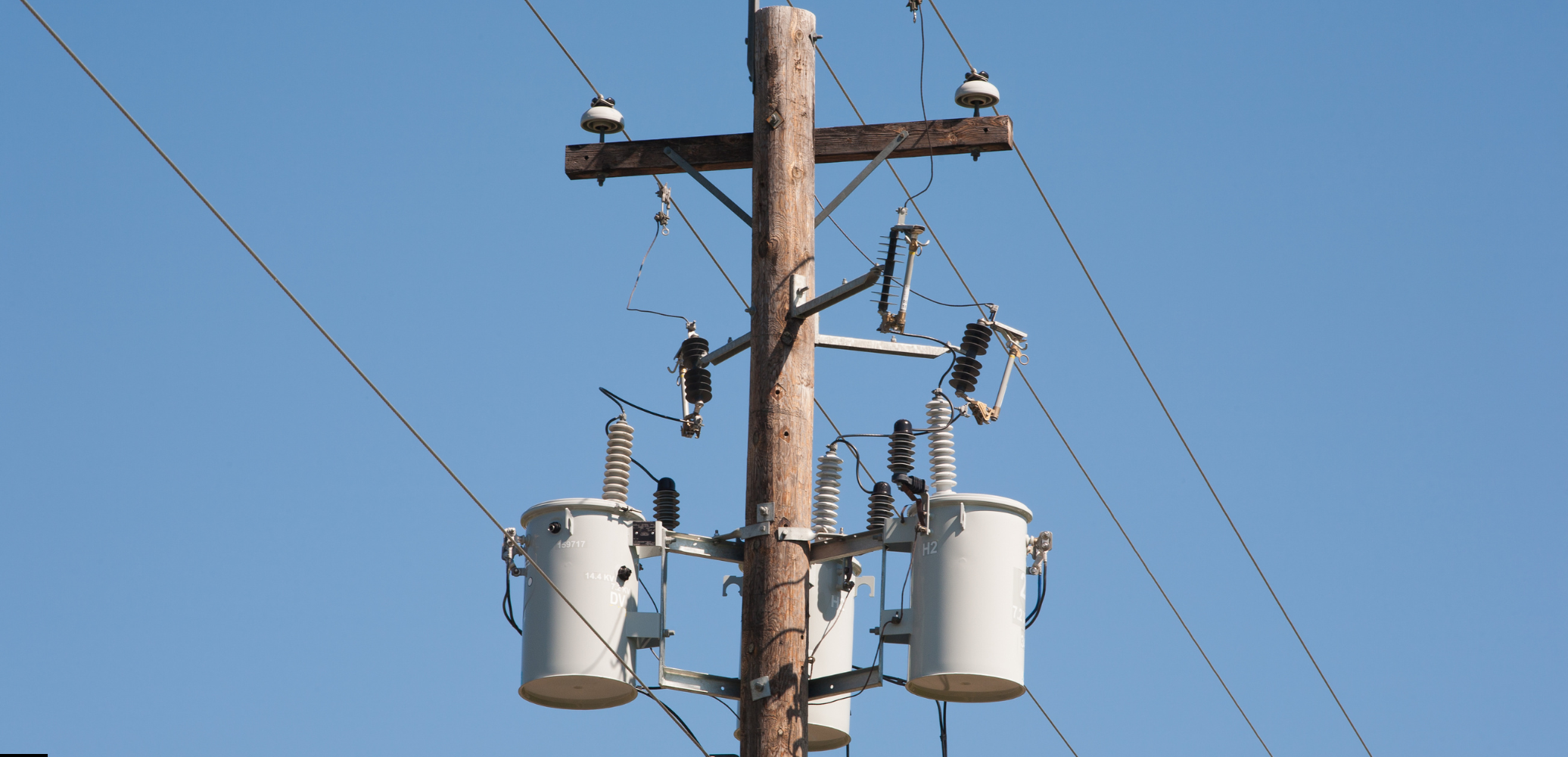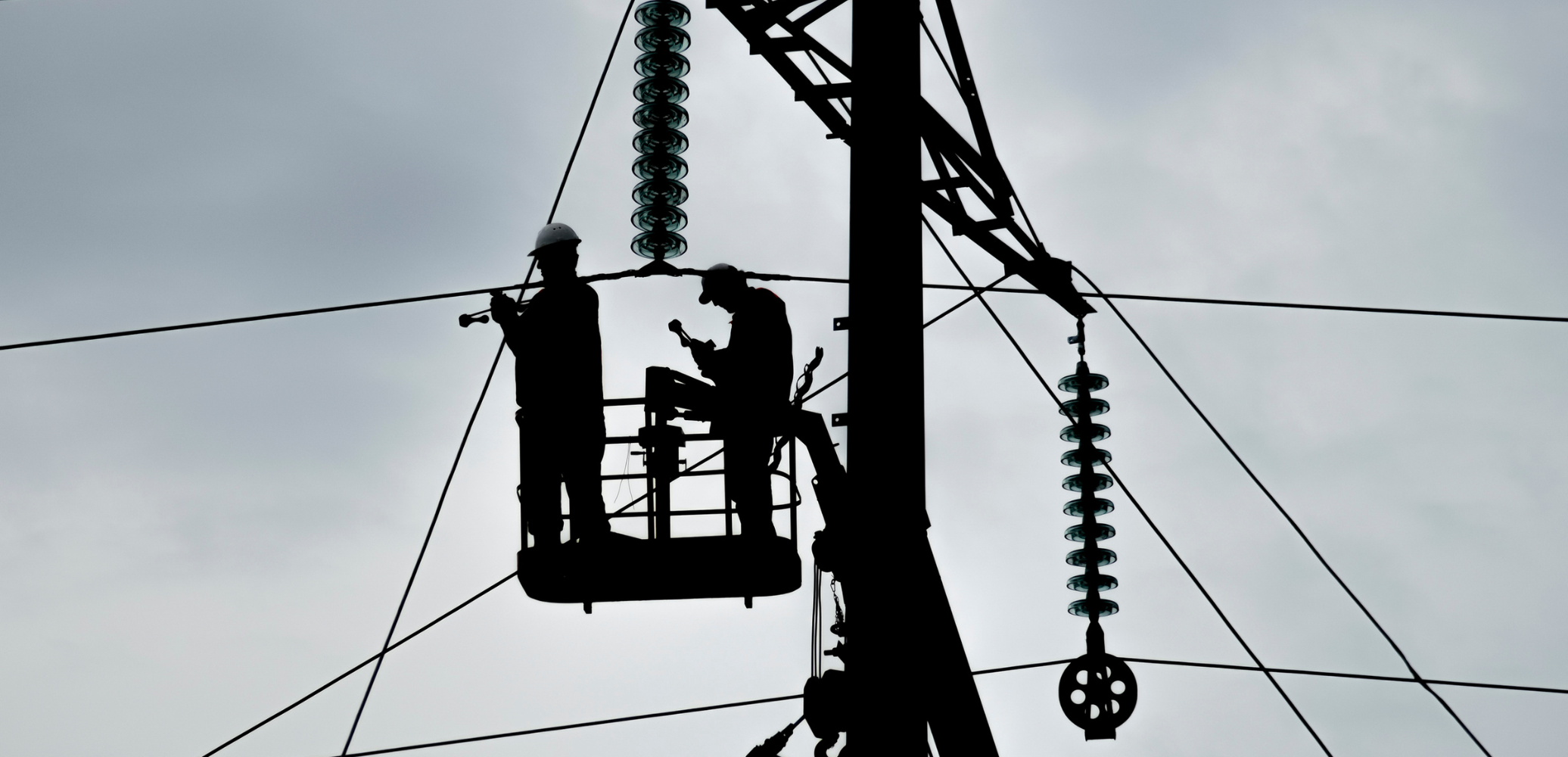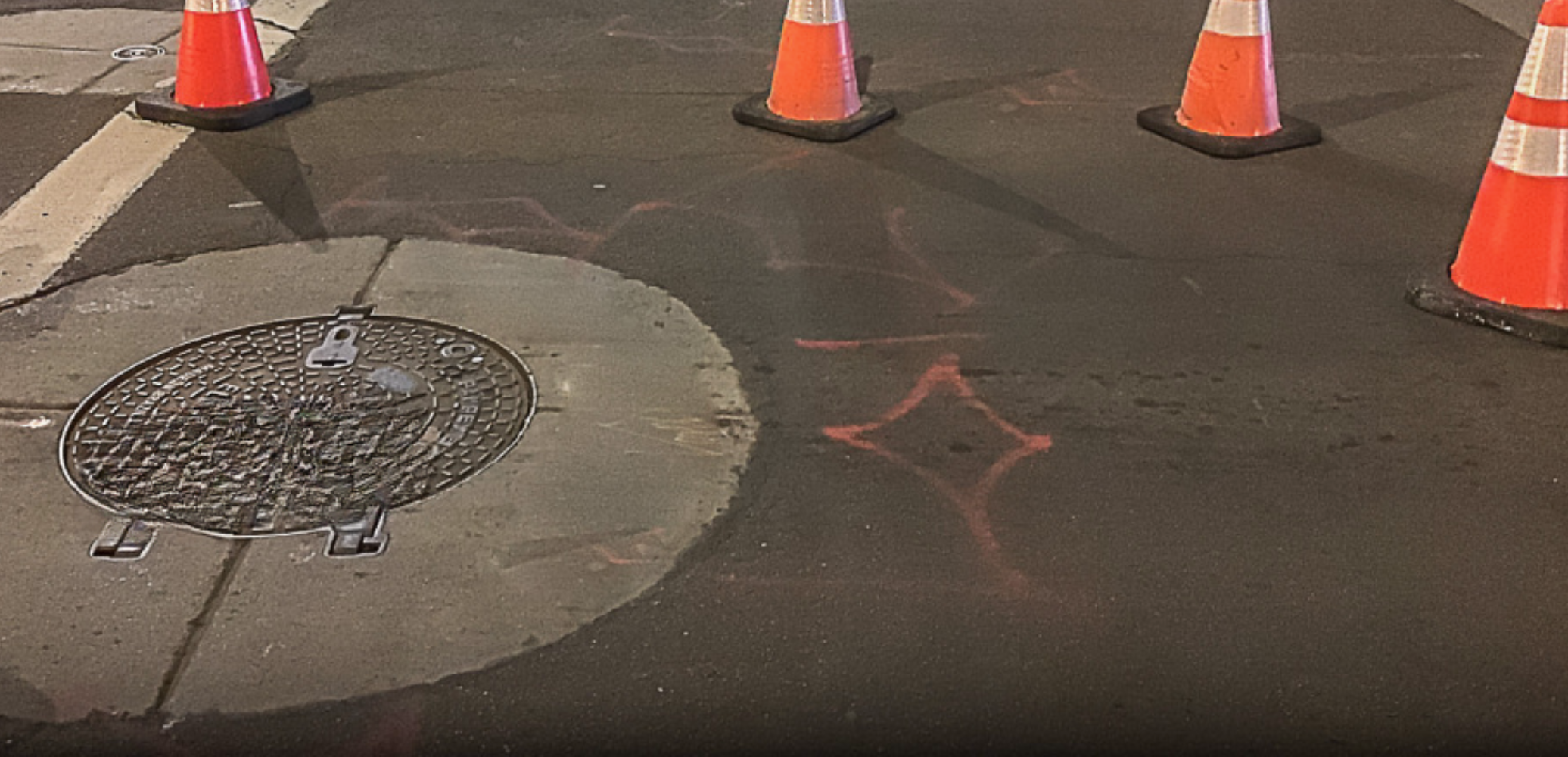%20Blog%201%20-%20Constructibility.avif)
In the fast-paced world of electric utility infrastructure, the pressure to deliver safe, high-quality projects on time and on budget is unrelenting. Yet one often-overlooked step can make or break that success: the constructibility review.
At Integrity, we’ve seen firsthand how early and thorough constructibility reviews can prevent costly delays, rework, and miscommunications—especially in complex transmission and distribution (T&D) environments. Here’s why these reviews matter, and how they can streamline your next utility project.
What Is a Constructibility Review?
A constructibility review is a structured evaluation of a project’s design documents through the lens of real-world field execution. It answers the key question: Can this be built safely, efficiently, and as designed in the field?
Performed by experienced professionals—often journeymen, former linemen, or engineers with field backgrounds—these reviews assess:
- Physical site constraints and access
- Equipment installation feasibility
- Material availability and lead times
- Safety and environmental considerations
- Compliance with utility standards and codes
Why They’re Critical in Utility Work
1. Catch Issues Before They Happen
Designs that look fine on paper can quickly run into obstacles when implemented on site. A missing clearance, an unrealistic equipment layout, or overlooked underground conflicts can grind work to a halt. Constructibility reviews catch these disconnects early, when adjustments are far less expensive.
2. Reduce Costly Redesigns
Redesigning during construction not only delays progress but also inflates budgets. With thorough constructibility input before final design, utilities can avoid the ripple effects of rushed changes, from permitting rework to material reorderings.
3. Improve Safety
Safety starts with a buildable design. Reviews identify potential hazards like energized proximity conflicts, unstable excavation zones, or line clearances—well before crews ever step foot on-site.
4. Enhance Communication Between Design and Field
Too often, design and field teams operate in silos. Constructibility reviews serve as a collaborative bridge, incorporating frontline insights into design deliverables and aligning all stakeholders before construction begins.
5. Support Regulatory Compliance and Quality Assurance
Many utilities face heightened scrutiny around construction practices, permitting, and documentation. Constructibility reviews help ensure designs align with internal standards and regulatory requirements, reducing exposure to fines or compliance delays.
What Makes a Good Review Process?
At Integrity, our constructibility review process includes:
- Site walkthroughs or desktop analysis using GIS and photos
- Redline markups on design drawings with field-informed comments
- Clear checklists for standards, clearance, and constructability criteria
- Collaboration with designers, project managers, and field leads
- QA/QC integration to capture and implement feedback systematically
Our reviews are built into the design lifecycle—starting at preliminary phases—so issues are resolved before final submittal. The result? Fewer change orders, smoother builds, and better alignment across teams.
Constructibility Is Not an Extra—It’s an Essential
For utility clients navigating growing demand, aging infrastructure, and tight schedules, constructibility reviews aren’t a luxury—they’re a necessity. They help ensure your projects are not only engineered correctly but built successfully, the first time.
If your utility is facing design delays, frequent change orders, or post-construction headaches, it may be time to rethink how constructibility is integrated into your process.]





